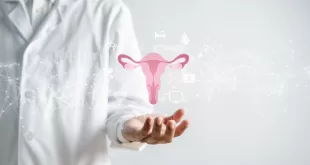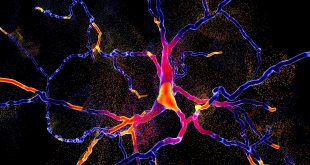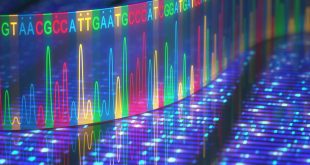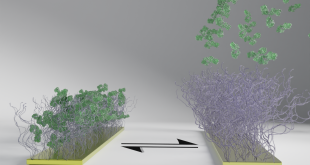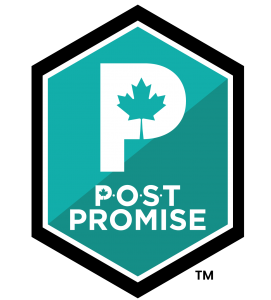Special statement from the editor-in-chief of Science, H. Holden Thorp:
It is now hard to imagine a world that isn’t permanently changed by coronavirus disease 2019 (COVID-19). We don’t know whether this is an event like 9/11 or the 2008 global financial crisis—where life will mostly go back to the way it was—or whether the institutions and practices of the future will transform in ways that we can’t yet imagine. The success of the world’s scientists—along with strong political and social leadership—will determine which scenarios unfold, so it is time to focus on what we can all do to help….
And indeed, there are very important questions to answer. Will recovery from the first infection confer lasting immunity? [BioLab editor’s note: There already may be a case of reinfection, but the news is constantly changing.] Will the first vaccine that proves it works cause side effects that undermine its value? Will the vaccines under development trigger neutralizing antibodies? Do widely used inhibitors of angiotensin-converting enzyme [a receptor for severe acute respiratory syndrome–coronavirus 2 (SARS-CoV-2)] promote or inhibit infection? Will the broad-spectrum antiviral drug remdesivir or viral protease inhibitors thwart the virus?
The only way questions will be answered is if scientists can do their work, because scientific knowledge is often the key to knowing what actions to take. So, institutions need to do everything possible to allow these folks to get to the lab safely. Research institutions need to shut down all functions except for clinical care, research on the virus, and public health communication. To support these vital operations, institutions need to provide childcare for scientists and staff whose children are now home from school. And they need to alleviate concerns about the future for these staff by extending tenure clocks, guaranteeing status in graduate school, and extending postdoctoral contracts.
To read the full statement, visit Sciencemag.org
.
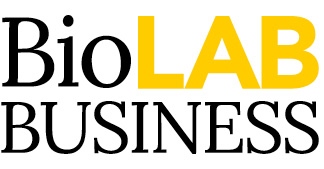 BioLab Business Magazine Together, we reach farther into the Canadian Science community
BioLab Business Magazine Together, we reach farther into the Canadian Science community
